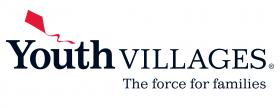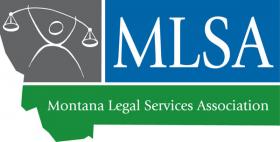Full-time
In-Home Counselor/Social Worker
Organization Info
Attorney for DV Survivors - Butte or Dillon, MT
Organization Info
Medical Legal Partnership Attorney - Helena
Organization Info
Family Intervention Specialist (Dyersburg, TN)
Organization Info
Y
Crisis Response Counselor (Jackson, TN)
Organization Info
Y
Crisis Response Counselor (Columbia, TN)
Organization Info
Y
Family Intervention Specialist (Paris, TN)
Organization Info
Y
In-Home Counselor/Social Worker (Cookeville, TN)
Organization Info
Y
Research Coordinator
Organization Info
S

